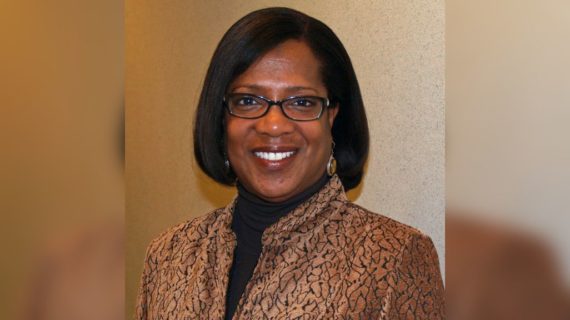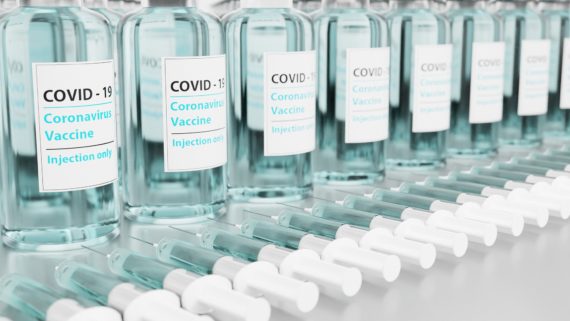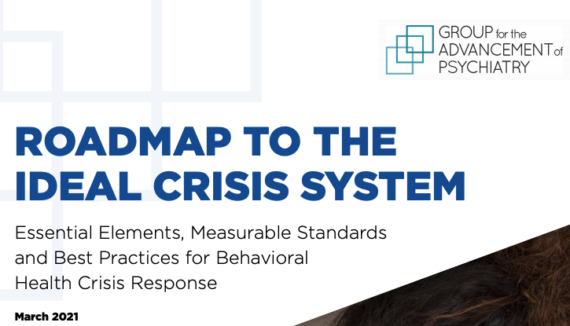
(4-28-21) In a 2018 newspaper interview, President Joe Biden’s nominee to become the new Assistant Secretary for Mental Health and Substance Abuse opposed Assisted Outpatient Treatment.
I wrote on Monday that Dr. Miriam E. Delphin-Rittmon will have to navigate between opposing views in charting SAMHSA future, including AOT. Her predecessor pushed for greater use of it but AOT often is strongly opposed by those with lived experience and peer organizations.
A reader sent me a 2018 newspaper interview with Dr. Delphin-Rittmon that was conducted after the Treatment Advocacy Center, which lobbies for more use of AOT, gave her home state of Connecticut a ‘failing grade.’ It is one of three states that don’t authorize use AOT.
It’s likely Dr. Delphin-Rittmon will be questioned about AOT when the Senate Health, Education, Labor and Pensions Committee conducts her confirmation hearing. (You can check its membership and schedule here.)






